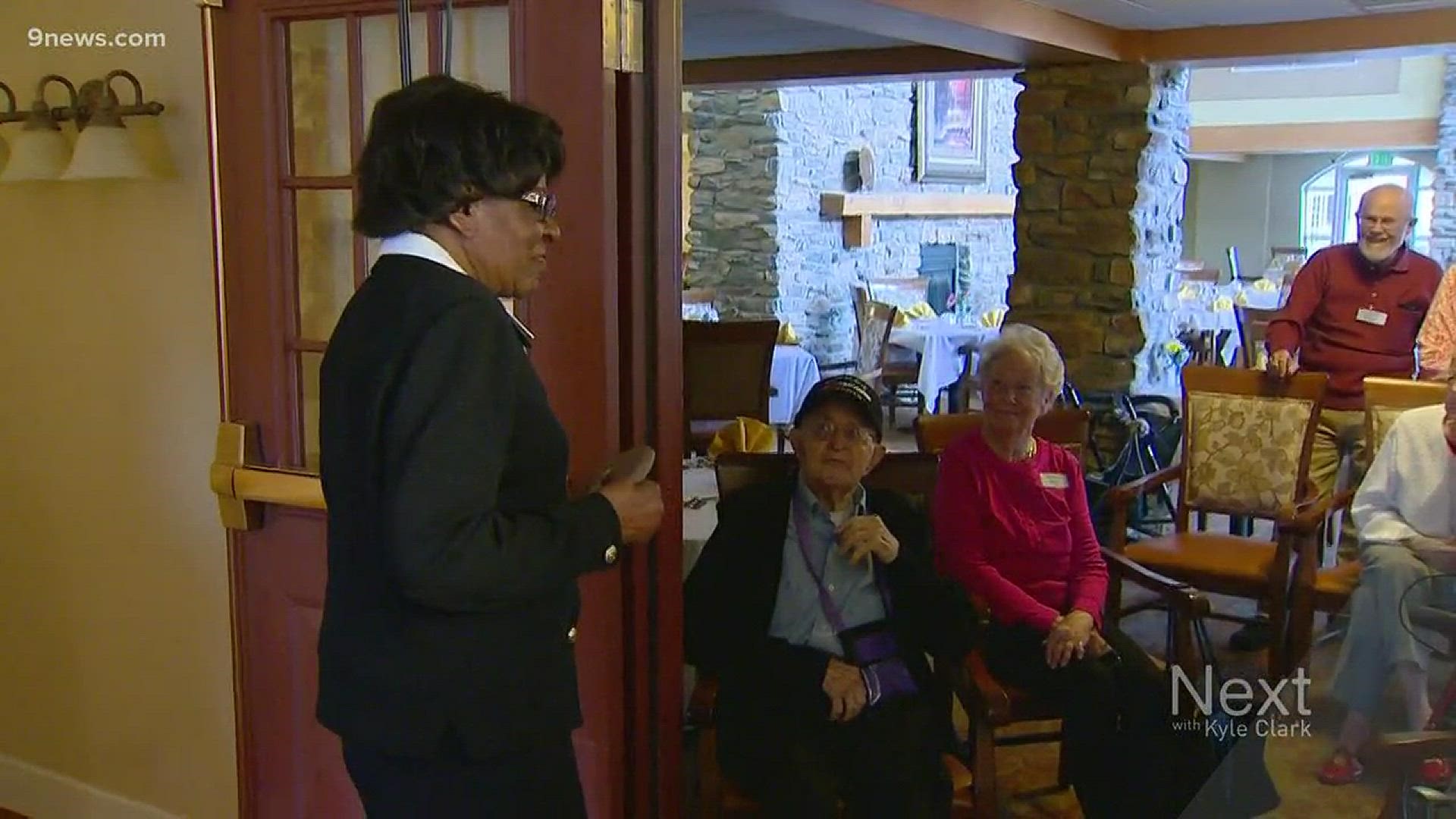AURORA, Colo. — Martha Baker enlisted in the U.S. Army as a nurse in 1951, just three years after President Harry S. Truman desegregated the military.

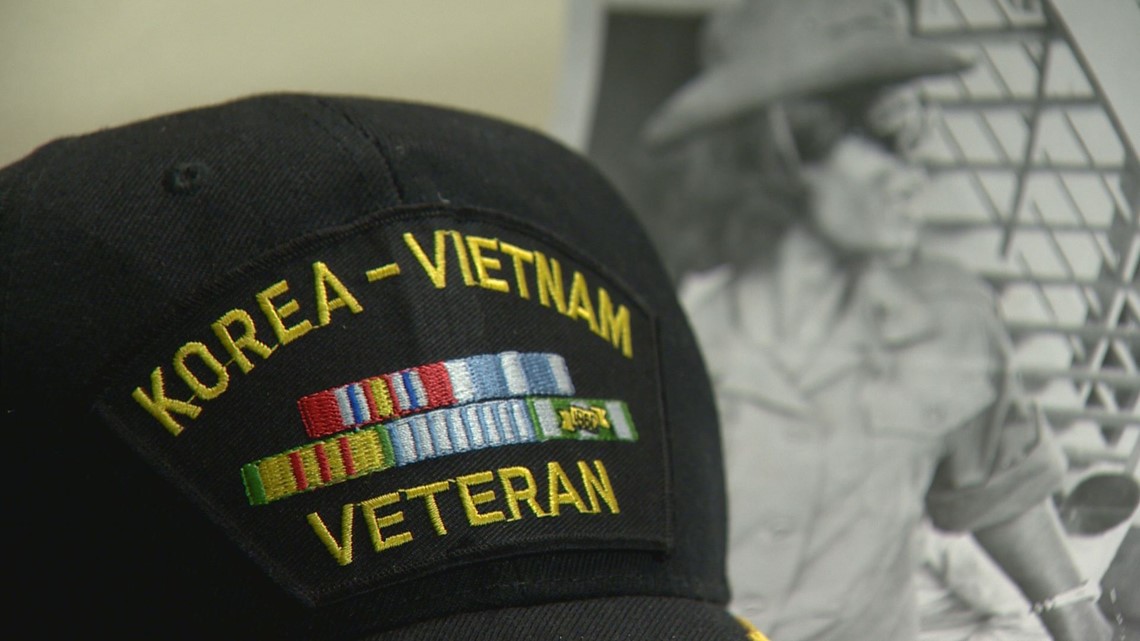
“I went to Fort Dix, and I was the only black nurse there,” Baker said.
Fort Dix was close to where Baker was from in New Jersey. She was born in 1927 and grew up poor with her mother and three younger sisters.
“I couldn’t afford to have a container of milk and two graham crackers because my mother couldn’t give me the 3 cents that it cost,” Baker said.
She eventually saved up enough money to go to nursing school and started working for a local hospital for little pay.
“I made $78 for two weeks,” Baker said. “I didn’t expect it to be this level of pay.”
That’s when a couple of her fellow nurses gave her an idea.
“They told me they were going to New York to sign up for the military… the Air Force or Navy,” Baker said. “They were choosing these two services because of the uniform, very attractive.”
Although she was attracted to the other military uniforms, Baker ended up enlisting in the U.S. Army instead.

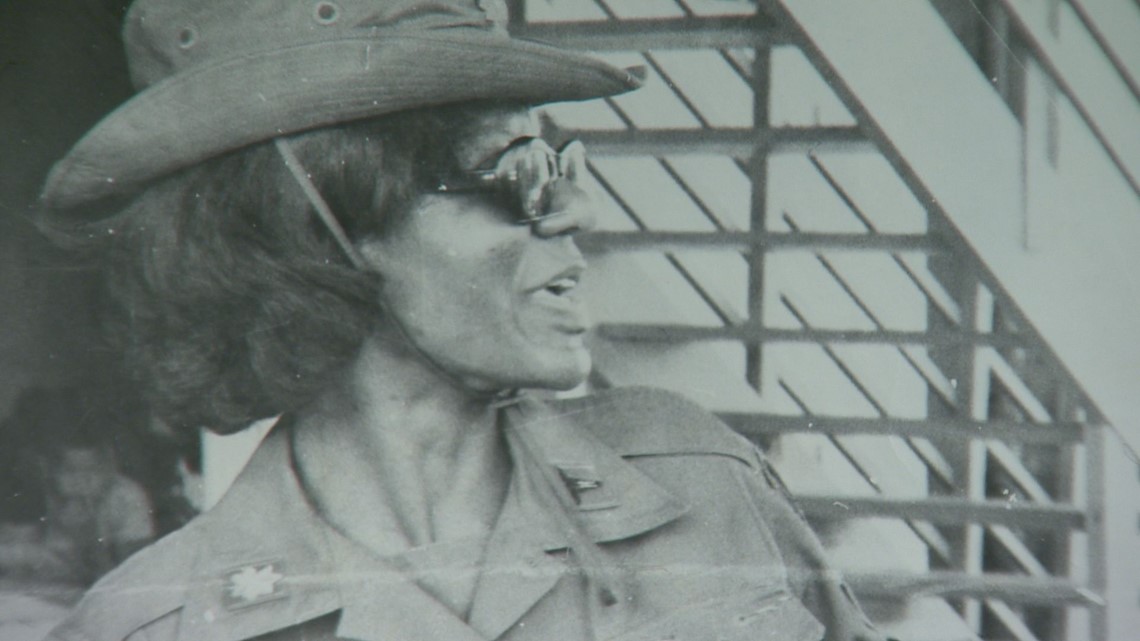
“I joined with the intent of staying a year (and) didn’t like the uniform at all,” Baker said.
According to the U.S Army Medical Department, the Korean War was a turning point in the reception of African-American nurses in the Army Nurse Corps. Only after the passage of an Executive Order issued by President Truman were African-Americans finally able to serve in integrated hospitals in Korea, Japan, Hawaii, and in the continental United States - that included Baker, who served as a hospital operating room nurse.
“I went to Korea. From there I went to Walter Reed in D.C., Okinawa, and then to Vietnam,” Baker said.
But along the way, she experienced discrimination in the uniform she grew to love.

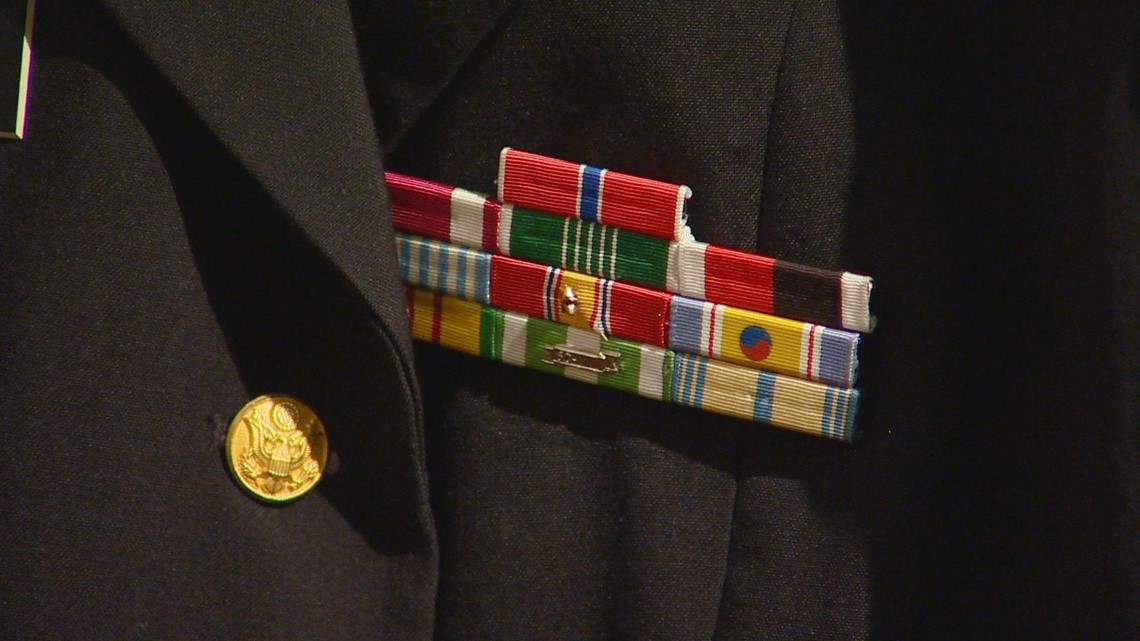
“I went into Maryland and I walked in my Second Lieutenant Uniform ... so proud of my bars. And the storekeeper would say, 'you can’t come in,'” Baker said. “It hurt, but I couldn’t do anything about it.”
Baker persevered and served her country for 20 years. She followed her husband here to Colorado and retired in 1971.
“It was snowing but the sun was shining and the water was draining down the side,” Baker said. “And I thought this is strange because it’s not like that in New Jersey.”
Baker is now 91-years-old and doesn’t mind sharing her story about how a uniform changed her life.

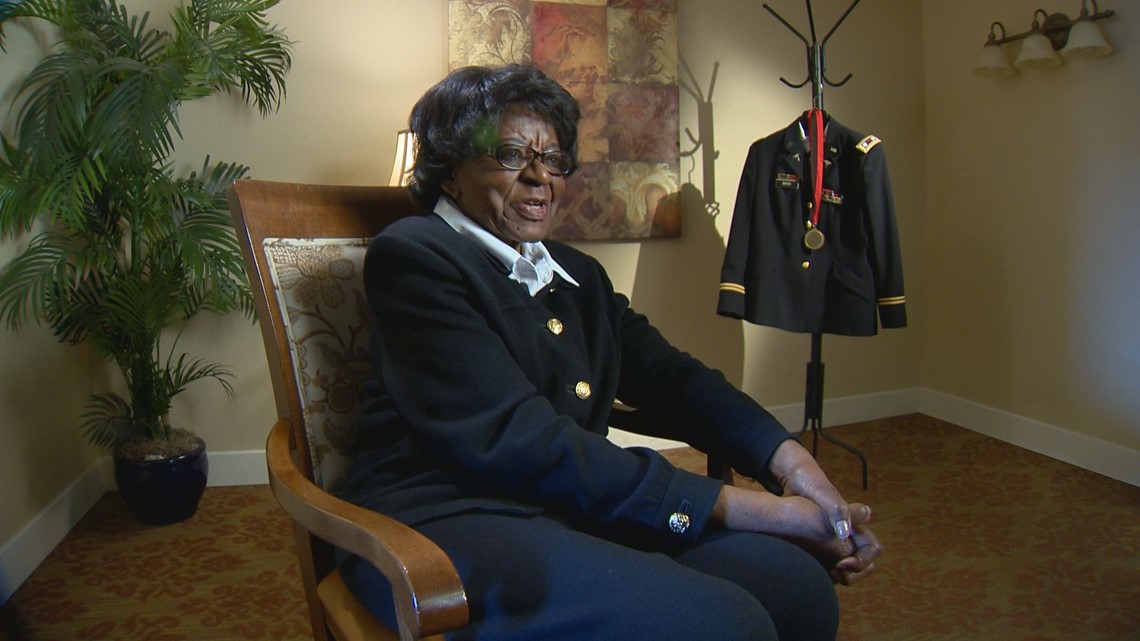
“I feel proud to wear it…to wear the ribbons, to wear the medals and think of when where and how I won them.” Baker said.
Check out more of our Black History Month content below.
RELATED: Black History Month: African Americans migrated west looking for new opportunities in the 1860s

